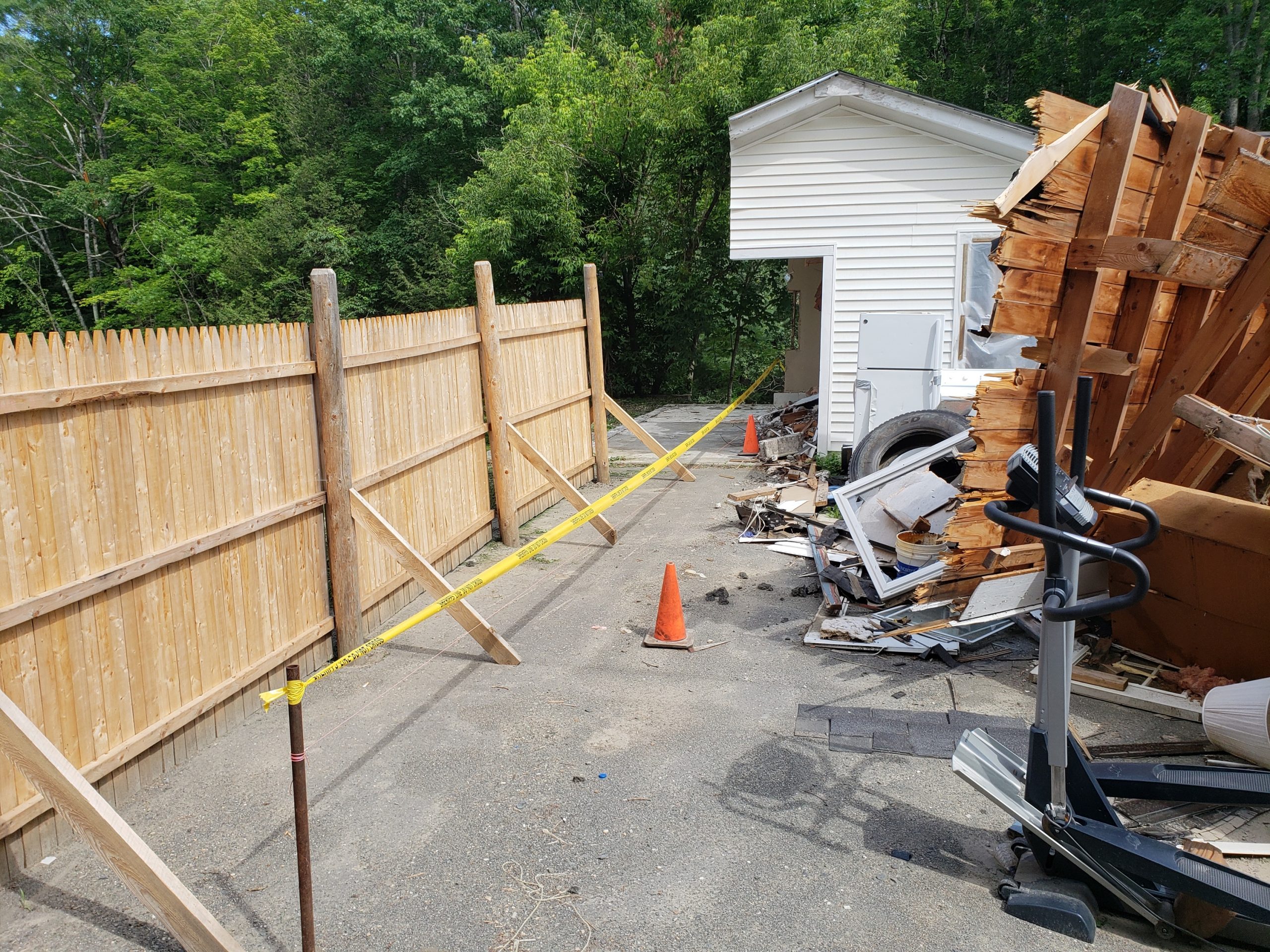
Maine man saws neighbor’s garage in half amid boundary dispute
Gabriel Brawn used a land surveyor’s demarcation between the two lots as a guide to remove the half of the building sitting on his land.
 bangordailynews.com
bangordailynews.com
I seriously doubt this will end well. Hope a lawyer was involved before they cut the building up.

